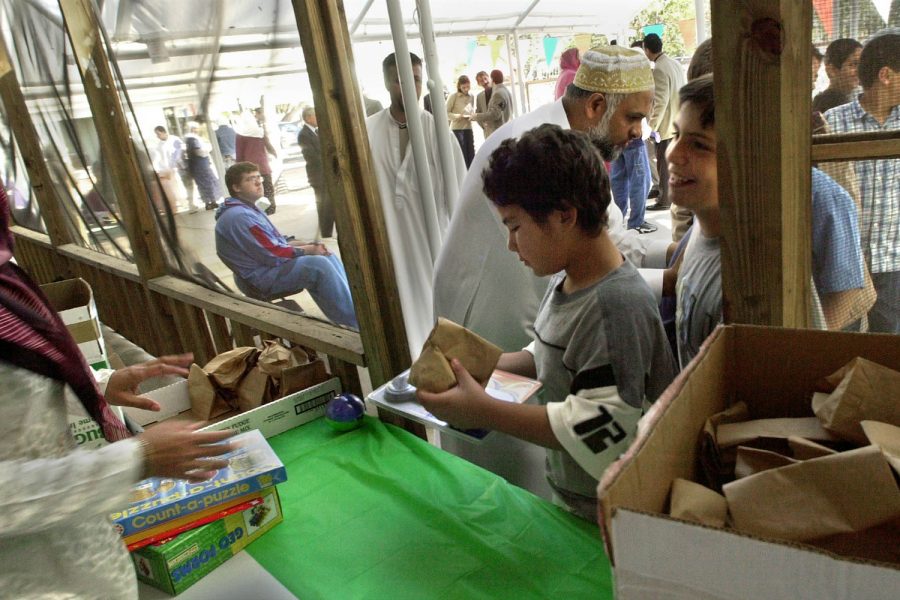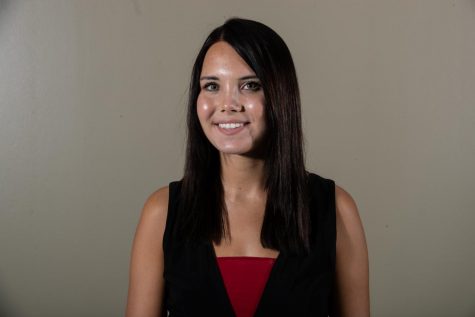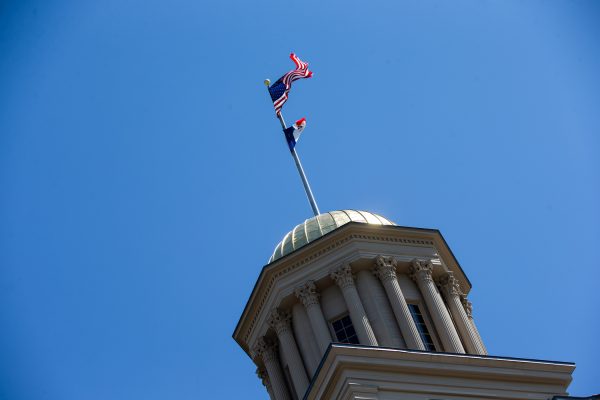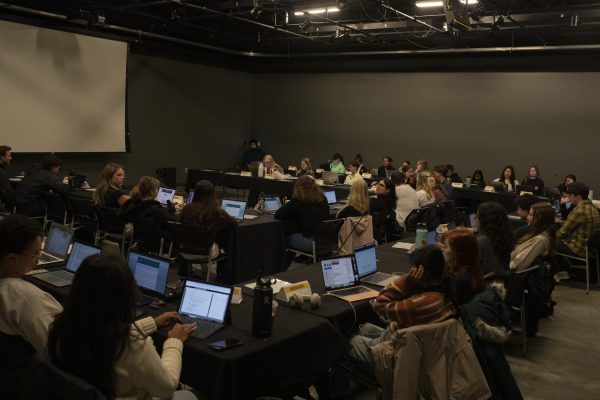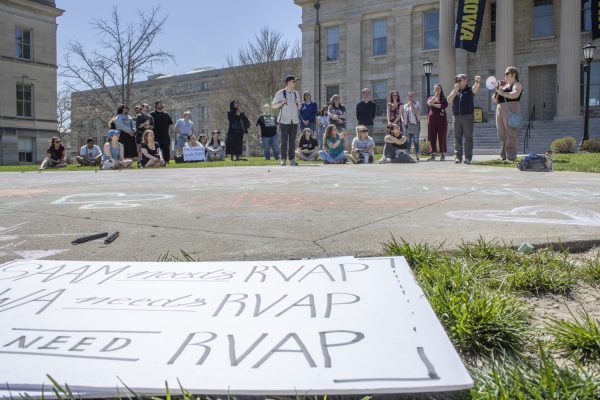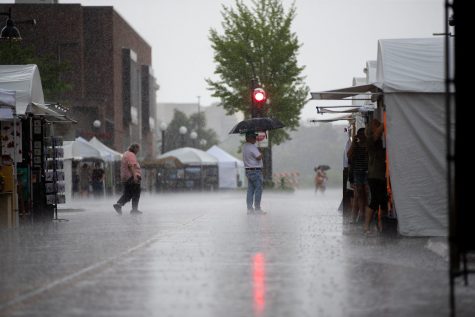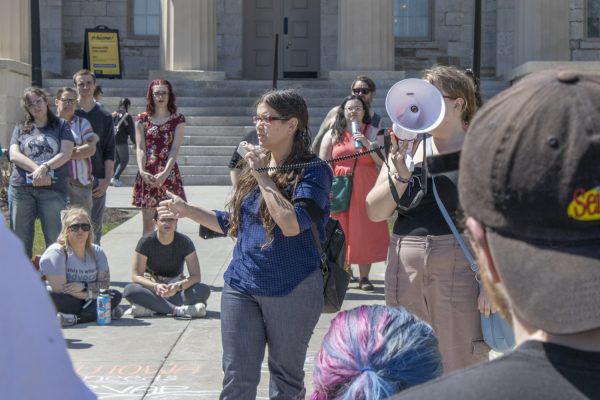Muslim Student Association invites UI to celebrate Eid-al-Adha
The Muslim Student Association offers cultural exploration and religious discourse at its fifth-annual Eid al-Adha dinner.
August 27, 2018
Eid al-Adha is a Muslim holiday commemorating Abraham’s obedience when he was ordered to sacrifice his son. Before Ibrahim could sacrifice him, his son was replaced with a lamb as a reward for his willingness. Muslims celebrate Eid al-Adha by sacrificing an animal and then distributing the meat among family, friends, and the needy.
For five years, the Muslim Student Association has held a dinner open to Muslims and non-Muslims in honor of the holiday. The event offers free food, a henna table, and a photo booth for all guests, who are also encouraged to socialize as an exploration of the many cultures represented at the dinner.
Though the event attracted almost 500 people, Muslim Student Association Executive Board marketer and third-year UI student Tartil Ali recalled the difficulty of preparing for the event amid role transitions in the organization.
Planning began for the dinner approximately eight months before the event.
“In January, we started reserving the building, we designated roles, we switched executive board positions,” Ali said. “We had to do double the work.”
The dinner was held at Hancher, a space the Muslim Student Association began using for the event last year.
The event began with a welcome from the association and a brief introduction about the background of Eid al-Adha. Muslim attendees were also given a space to pray later during the dinner.
People, often Muslims themselves, find the Muslim Student Association judgmental and cliquey, said Muslim Student Association Treasurer Ebteehal Ismail.
In order to dismantle these misconceptions, the association dedicated its purpose to expanding the group and further educating the community. Its mission statement has expanded to creating a bigger presence on campus and reaching out to Muslims, as well as non-Muslims, said association Creative Director Seema Kotob.
One of association’s goals also include rejecting the portrayal of Muslims in the media.
“The media feed people a lot of negativity, and they just start to believe it, and they go about their days interacting with Muslims as if those stereotype are actually real,” Ali said.
Association Executive Assistant Salma AshShareef said she still gets looks when she wears her hijab, the headscarf Muslim women may or may not choose to wear for personal and religious purposes.
Despite this, Ali and other executive board members are hopeful about future association events, and they refuse to let stereotypes dampen their mission. This year’s Eid dinner indicated a new trend among non-Muslims.
Upon talking to association members and guests at the dinner, many people were surprised to discover Islamic beliefs were in line with their own values, Ali said.
Through its expansion and strengthening its presence on campus, the association wants the UI community to know the members never reject inclusiveness, Ismail said.
“We’re all here for academic purposes, we want to enjoy student organizations, so I feel like what I want to do as part of the board is change those misperceptions and allow Muslims, and non-Muslims, to see that we’re welcoming and we want this organization to grow,” she said.



